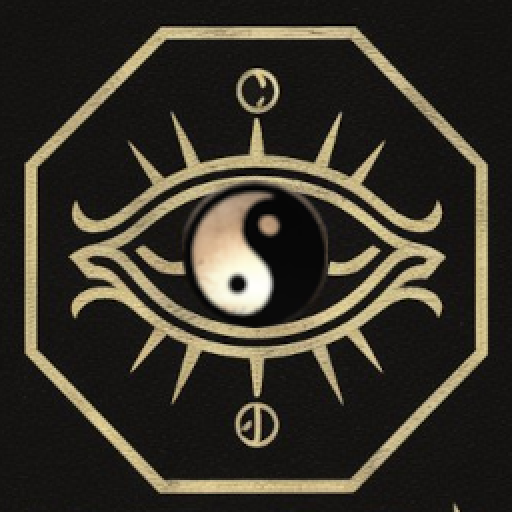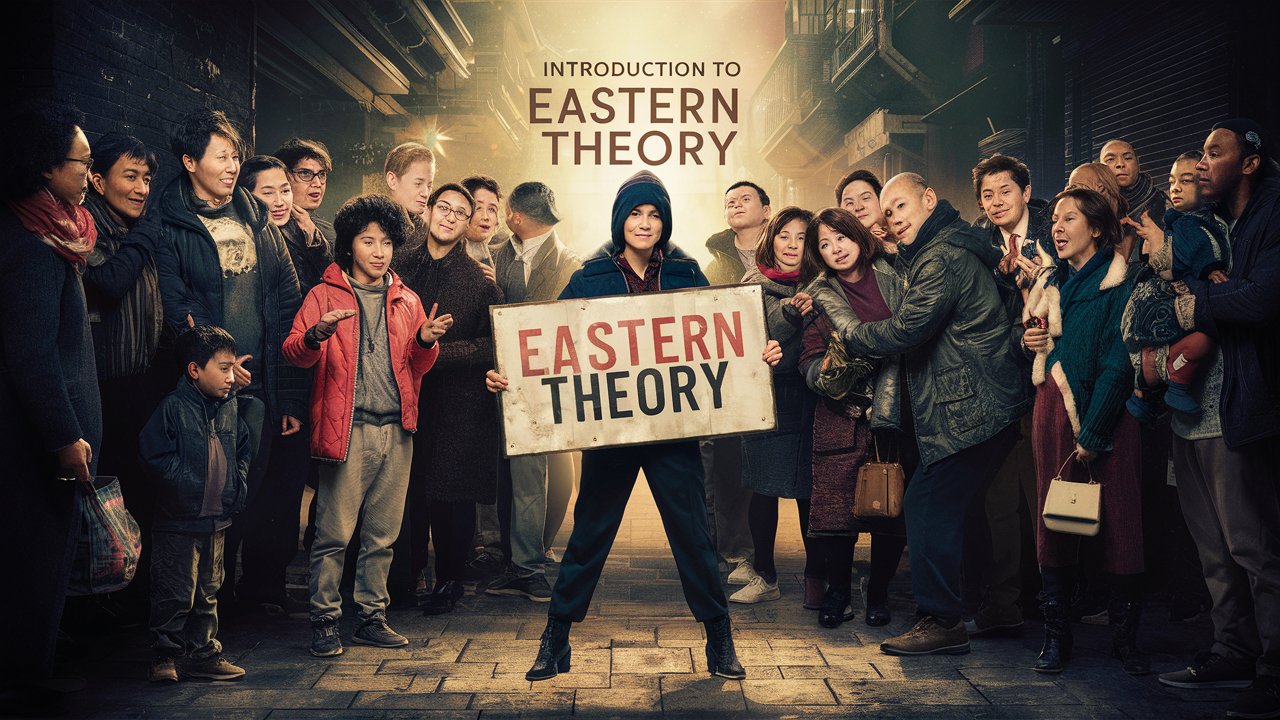AI-Powered Technology Providers https://apps.mysticomni.com/dreamanalysis
Original
牢狱崩坏有赦吉 坐狱中必有恩赦 入狱受灾主荣贵 狱中死者官事散
使人入狱得财吉 入牢狱主有大贵 盗曲自入狱大凶 牢狱臭污百事吉
罪人走脱疾病去 赶贼行见者大吉 枷锁临身疾病至 枷锁折损口舌散
枷锁入宅主大凶 绳索系身大吉利 身被罗网主官事 被罗网罩主酒食
被人疾罚禄位至 被人作贱者大吉 被官打身主孝服 被人绑主疾病至
自以杖决耻辱生 枷锁恐怖主分散 邀人入官主酒食 入官词议主大吉
吏引入司主大吉 为吏所录有急事 贵人走马官事明 拷讯杖责主大贵
Interpretation
Translation:
A prison collapsing foretells a pardon and good fortune. Being in prison foretells an inevitable pardon. Suffering in prison foretells honor and nobility. The death of a prisoner foretells the dissolution of official matters.
Causing someone to be imprisoned foretells the acquisition of wealth. Being imprisoned foretells great nobility. A thief involuntarily entering prison foretells great misfortune. The stench and filth of prison foretells good fortune in all matters.
A criminal escaping foretells the departure of illness. Chasing thieves and encountering them foretells great good fortune. Shackles approaching the body foretells illness. The breaking of shackles foretells the end of disputes.
Shackles entering the home foretells great misfortune. Being bound by ropes foretells great good fortune. Being entangled in a net foretells official matters. Being covered by a net foretells feasts and drinks.
Being punished by others foretells the arrival of a position of wealth. Being despised by others foretells great good fortune. Being beaten by officials foretells the wearing of mourning clothes. Being tied up by others foretells the arrival of illness.
Self-punishment with a rod foretells shame. Fear of shackles and terror foretells dispersion. Inviting others to become officials foretells feasts and drinks. Engaging in official discussions foretells great good fortune.
Officials leading one into service foretells great good fortune. Being recorded by officials foretells urgent matters. Nobles riding horses foretell clarity in official matters. Being interrogated and punished with a rod foretells great nobility.
Cultural Explanation:
This passage reflects traditional Chinese beliefs about the symbolism of various situations related to the legal system and imprisonment as omens for one’s future. The cultural context of these beliefs includes:
- Prison and Pardon: The collapse of a prison was seen as a sign of a forthcoming pardon, reflecting the belief that such an event could symbolize liberation or release from difficulties.
- Incarceration and Nobility: Being in prison was paradoxically seen as a path to honor and nobility, suggesting that even in adverse circumstances, one could achieve a higher social status or recognition.
- Criminal Escape and Illness: The escape of a criminal was believed to symbolize the end of illness, indicating a connection between the resolution of legal issues and physical well-being.
- Shackles and Disputes: Shackles and other forms of restraint were seen as symbols of illness and disputes, but their breaking or removal foretold the end of such troubles.
- Legal System and Good Fortune: Involvement with the legal system, whether as a participant or an official, was seen as a path to good fortune, reflecting the belief in the power of the law to bring about positive change.
- Punishment and Shame: Being punished by others or self-punishment was seen as a source of shame, but also as a potential path to recognition or advancement in some contexts.
- Involvement with Officials: Interactions with officials, even if they involved punishment or interrogation, were seen as a sign of good fortune or the resolution of official matters, indicating a cultural trust in the legal system’s ability to bring clarity and prosperity.
These beliefs were part of a broader system of omens and signs that people in ancient China observed to predict and interpret their future, emphasizing the cultural importance placed on understanding and navigating one’s destiny through interactions with the legal system. It is important to note that these beliefs reflect the cultural context of the time and may not align with contemporary values or legal perspectives.
Refs:
Uncovering the Mystery of Dreams: Eastern Theory
Uncovering the Mystery of Dreams: A Modern Interpretation of Ancient Oriental Art

